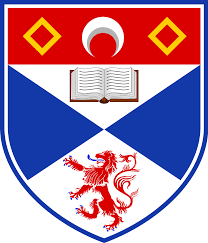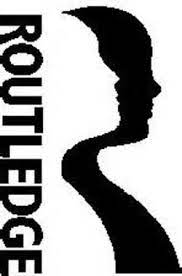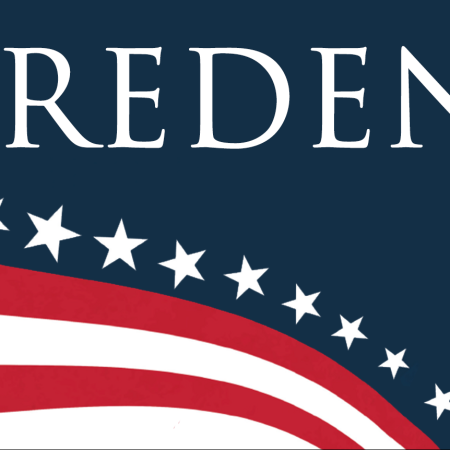Nikolaos Papadogiannis and Rachel Love of the University of St. Andrews are seeking submissions for the upcoming conference titled "Reactions to HIV/AIDS Since the 1980s: Transnational and Comparative History Perspectives," to be held in a hybrid format at the University of St. Andrews from August 30-31, 2022.
Calls for Submissions
The editors of an upcoming volume, "Poetics of Travelling Self: Discursive Formations and Purposiveness of Travel," are seeking submissions by January 31, 2022.
The Routledge book series, Practicing Oral History, invites proposals for new titles relating to oral history as applied to any discipline. New approaches to the practice are especially welcome.
The Humanities Education and Research Association (HERA) invites submissions for its virtual conference on March 3-5, 2022. Submissions are due by January 25, 2022.
The Tangible – Intangible Heritage(s) conference at the University of Kent in Canterbury, UK invites submissions for its conference on June 15-17, 2022. Abstracts for the initial round are due on November 30, 2021.
The Joyner Institute for Gullah and African Diaspora Studies has announced the third annual International Gullah Geechee and African Diaspora Conference, themed Who Owns This? Communities, Heritage, and Preservation. This hybrid conference will return to Coastal Carolina University in Conway, South Carolina,
The Design History Forum at Drexel University invites papers for its inaugural Undergraduate Symposium in Material Culture Studies (USMCS) to be held via Zoom on Saturday, March 12th, 2022. Proposals are due by November 20, 2021.
Media studies scholar Carmel Cedro is calling for chapter abstracts for a new edited collection, to be part of the Routledge Advances in Popular Culture Studies series. 300-word abstracts, including a title and short biography, are due by December 17th, 2021.
The popularity of the Netflix Series The Chair seems to be tied to its hyperbolic depictions of faintly legitimate power struggles that circulate on contemporary college campuses. But in focusing on the slapstick character Bill Dobson (male, white, hopelessly romantic), the narrative offers a
The Age of Enlightenment saw the emergence and development of science fiction as a way of imagining different futures and of making sense of the world and humanity through scientific and technological advances. This macro genre not only explores imagined (dys/u)topias but





